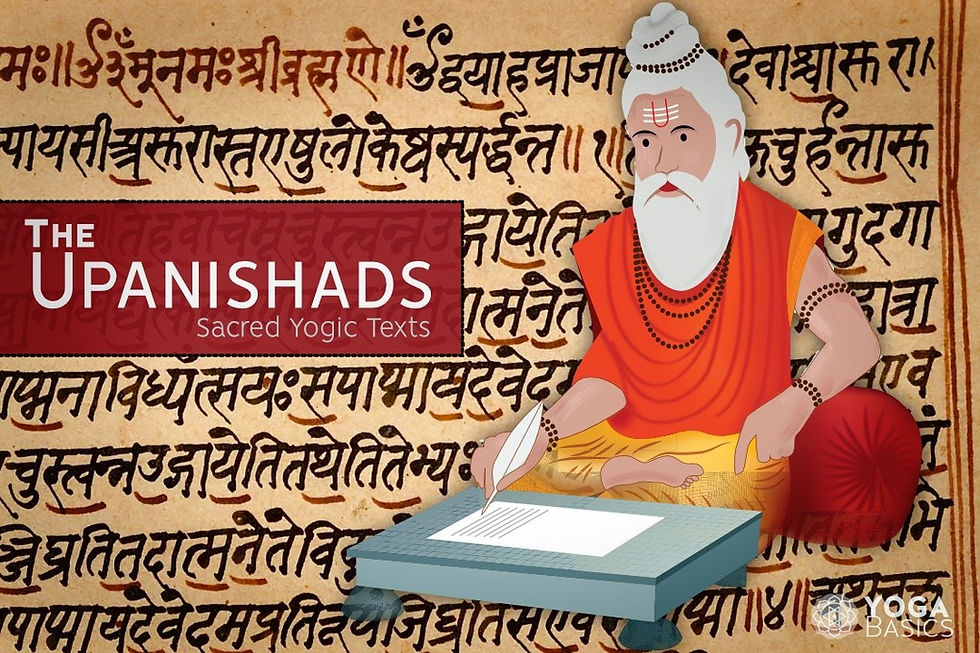Hindu Holy Scriptures: The Upanishads
- -
- Jul 31, 2025
- 2 min read

By Victor M Fontane
The Upanishads are a collection of ancient Indian texts that explore fundamental philosophical and spiritual concepts, primarily focusing on the nature of reality, the self (Atman), and the ultimate reality (Brahman). They emphasize introspection, meditation, and the pursuit of self-knowledge as paths to liberation (Moksha) from the cycle of birth and death (Samsara). The Upanishads also introduce key concepts like dharma (duty), karma (action and consequence), and Maya (illusion).
Here's a more detailed breakdown:
Core Concepts:
Atman: The individual soul or self, believed to be eternal and inseparable from Brahman.
Brahman: The ultimate reality, the universal consciousness, and the source of all existence.
Maya: The illusion that veils the true nature of reality, causing us to perceive a separate, individual self and a world of diversity.
Samsara: The cycle of birth, death, and rebirth, driven by karma.
Karma: The principle of cause and effect, where actions have consequences that influence future lives.
Moksha: Liberation from the cycle of Samsara, achieved through self-realization and union with Brahman. Key Teachings:
Oneness of Atman and Brahman: The Upanishads teach that the individual soul (Atman) is ultimately one with the universal soul (Brahman).
Pursuit of Self-Knowledge: Realizing the true nature of the self (Atman) and its connection to Brahman is the path to liberation.
Transcending Duality: The Upanishads encourage transcending the illusion of separation between self and other, and between the individual and the universal.
Importance of Meditation and Introspection: Meditation and self-reflection are emphasized as tools for gaining self-knowledge and realizing the truth of Brahman.
Beyond Rituals: The Upanishads move beyond the ritualistic focus of earlier Vedic texts, emphasizing inner transformation and spiritual realization.
Influence:
The Upanishads are foundational texts for Hinduism, Jainism, and Buddhism. They have significantly influenced Indian philosophy, spirituality, and culture for centuries and continue to be studied and revered today.
The Upanishads present a vision of an interconnected universe with a single, unifying principle behind the apparent diversity in the cosmos, any articulation of which is called brahman. Within this context, the Upanishads teach that brahman resides in the atman, the unchanging core of the human individual.



Comments